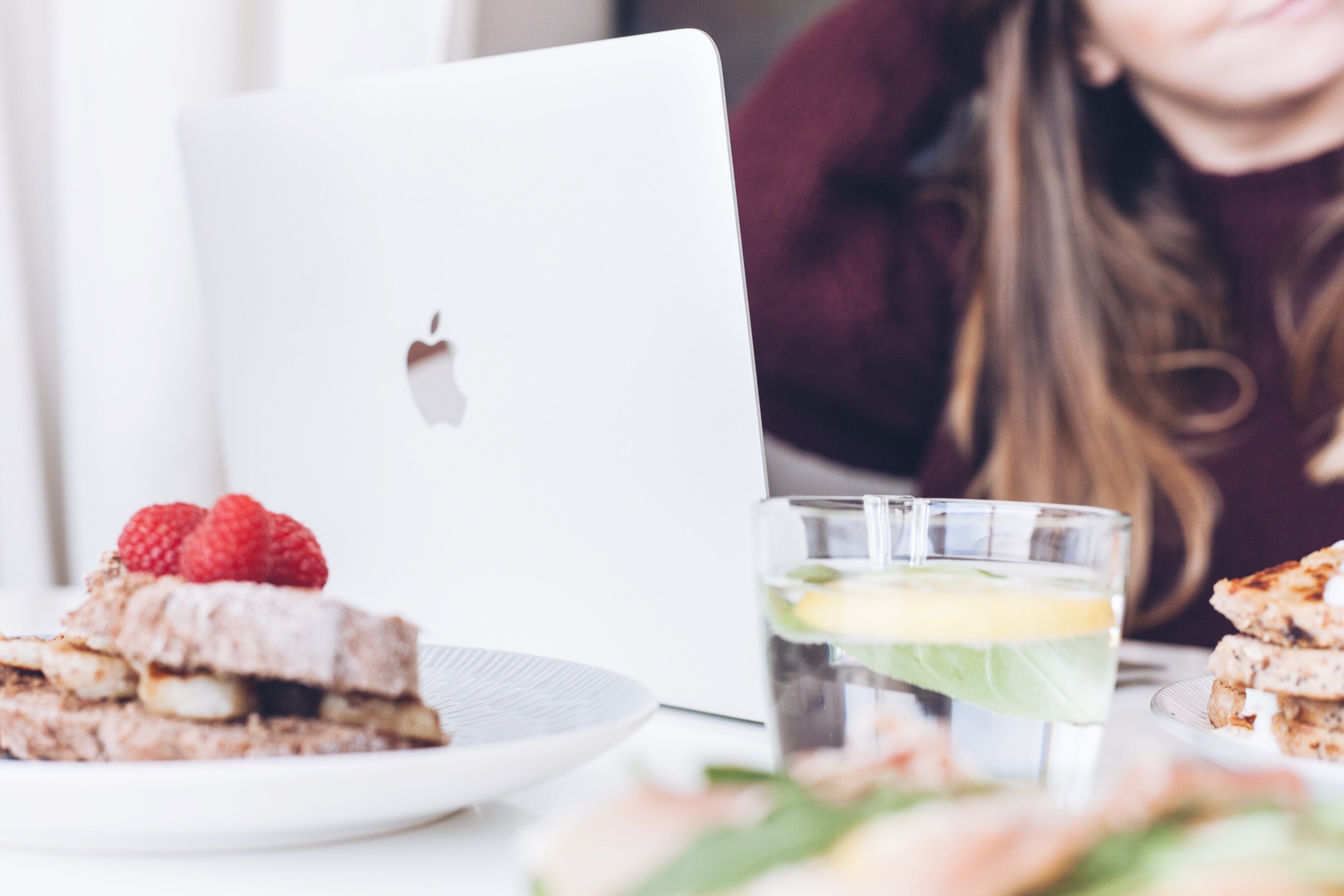As the end of the holiday season approaches, there is always a busy transition phase with heaps to do. And as unsettling as this phase can be for everyone, it is especially so for those moving away from home to head off to University – not only is there loads to take care of, there is no one to shop or cook for you… resulting in good nutrition easily going out the window.
Investing in keeping yourself well-nourished is important for your mental performance (in classes) as well as physical capabilities (at parties and sports)! Check out these tips to help you stay well fed:
1- Adjust your mindset – mind your body!
The only one responsible for what/when you eat is you, so take responsibility for shopping and cooking (if possible) as wholesome as possible. Remember that preparing and having food on hand is a lot easier and cheaper if you plan-ahead (yep – make lists, use coupons, find stuff on sale) and re-use/re-invent cooked leftovers. When you do eat out, try to keep away from refined highly processed foods and do not be shy to ask for a doggy bag – servings are often way too large and will taste great the next day!
2- Dabble in simple and awesome cooking methods
Invest a little time (and money) on some materials that you can cook with. A simple nonstick grill pan, a 2 L pot and a magic wand (see link for example) can go a long way. Some cooking suggestions follow:
Go for grills – You can grill just about any solid ingredient and make it taste great! Plant foods such as sliced zucchinis, mushrooms, and eggplant are easily grilled over a little olive oil. Add a pinch of salt and pepper and eat hot or cold (great in salads, sandwiches, in scrambled eggs, with pasta, rice, sprinkled with cheese…).
Wrap it – Whole wheat wraps are very versatile and are great warm or cold. You can use them as a pizza base or to wrap up any ingredient you would normally put in a sandwich. For a quick and tasty warm wrapped treat, simply place some cheese and tomato in a wrap, fold it in two (so it looks like a taco) and grill each side until golden (you can add oregano or any other spice to your taste). Try replacing the tomato for slices of banana for a sweeter treat!
Cream it – The handheld blender can be used to make warm or cold meals. Here is a very easy tasty soup recipe that tastes great hot or cold: add 1 sliced zucchini (w skin), 2 small onions and a pinch of salt to 1L of water. Boil for 20 min. Add a bunch of fresh coriander (optional) and boil for a further 2 mins. Add 1 Tbsp of olive oil and a little butter (butter is optional but tastes great) and blend until creamy smooth. Serve or save for later (lasts 3 days in fridge).
The blender is also fantastic to make smoothies or smoothie bowls. The easiest smoothie I know of consists of one frozen banana (freeze over-ripe bananas without peel), 1 cup milk, and cinnamon blended up into a creamy drink. This is an excellent option after a UAP workout!
3- Share and socialize
For most people, it is way more fun to cook for more people than just themselves… and food often tastes better when enjoyed in company. Also, it is often cheaper to buy for more people than for less. Unless you really enjoy the solo food experience, try to find a food buddy (or buddies) to share your shopping and/or your meals with.
Enjoy!
As with everything in life (training, working out, studying, working, and nutrition), remember that it is what you do most of the time that counts – meaning that consistency is key!!! If you enjoy it, you are more likely to stick with it… so try to make food related routines (and all routines) positive experiences. And as we say in Portugal, bom apetite!!!
This piece was originally published in Ulty Results – https://www.ultyresults.com/blog/ultimate-nutrition-made-simple-cooking-in-college


